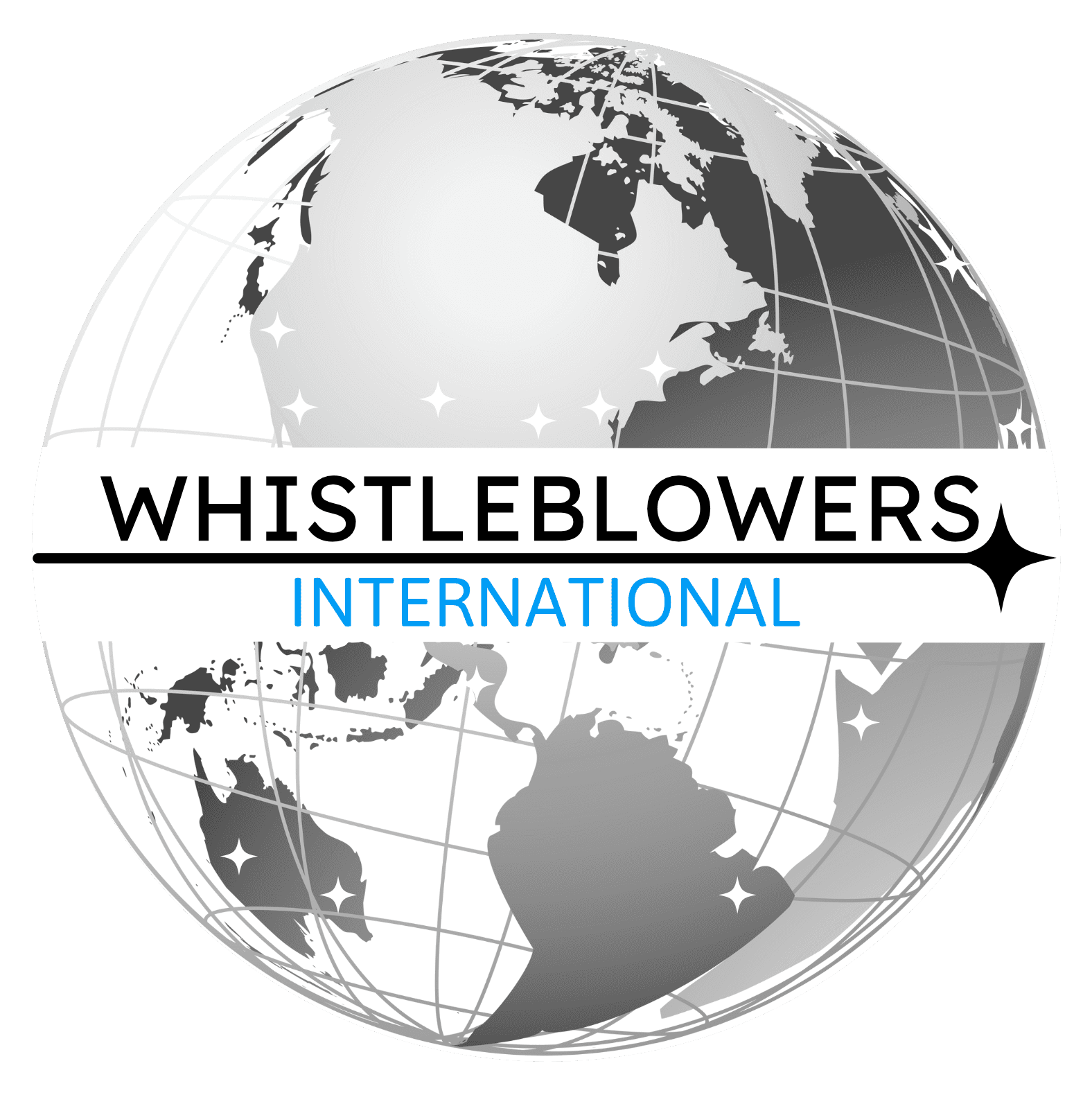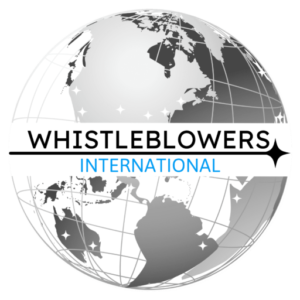Upcoding — Health care and Medicare Fraud
Upcoding — Health care and Medicare Fraud
Upcoding is a type of fraud where healthcare providers submit inaccurate billing codes to insurance companies in order to receive inflated reimbursements. These false “current procedural technology” (CPT) submissions indicate that doctors provided patients with treatments that were more complex, costly, and time-consuming than what they actually received. This unlawful scheme is a violation of the False Claims Act (FCA) because it defrauds federal programs including Medicare, Medicaid, and Tricare.
How does Upcoding work?
There are nearly 7,800 CPT codes used by healthcare providers. Collectively, these codes represent all of the procedures, conditions, and drugs that are currently reimbursable by the health insurance industry. Each one of them has an associated cost for individuals and insurance companies, based upon the urgency of the issue and the complexity of the decision-making required of the healthcare provider. Medicaid and Medicare reimburse providers based on this system.
For example, a five-minute consultation with a nurse for a minor medical question would receive a different, less expensive CPT than the one for a full examination by a doctor lasting 45-minutes. However, if the physician charges the federal programs for the more expensive 45-minute examination when the five-minute consultation is what actually occurred, this would constitute upcoding
Unbundling.
Unbundling is another common form of upcoding. This fraudulent scheme involves billing for individual procedures that are usually performed and billed together under a single CPT code. In some cases, the billing codes for complicated medical operations have associated components built into their CPTs. For example, a hip replacement surgery may factor in the costs of the surgeon’s as well as the use of the operating room. Unbundling occurs when a healthcare provider submits each component within a CPT to Medicare or Medicaid separately. This creates a cost redundancy where wrongdoers can unlawfully seek reimbursement for the same procedure several times over.
The Cost and Dangers of Upcoding
Upcoding is one of the most costly and pervasive types of healthcare fraud. Between 2002 and 2012, it cost publicly-funded medical assistance programs an estimated $11 billion dollars. These are not victimless crimes, as they place undue strain on a social safety net that millions rely upon for their basic medical needs.
Recognizing the heavy cost of these illegal schemes on the US taxpayer, the US Department of Justice (DOJ) has made the prosecution of medical fraud one of its top priorities in recent years. It has robustly enforced the (FCA) against healthcare providers who engage in upcoding, and has established a reward system to encourage whistleblowers to expose this type of Medicare fraud.
Identifying and Reporting Upcoding
Upcoding can be difficult to detect. Medical diagnoses, the length of office visits, and the complexity of treatments are left to the discretion of healthcare providers. Individual cases of this criminal behavior, or even small clusters of them, can be nearly impossible to find or prove. Frauds can be even more pervasive and more difficult to uncover in large institutions like laboratories or hospitals, which have greater ranges of procedural options and where Medicare billing tends to be lax.
Emergency rooms, in particular, are a common site of misrepresentation, and are estimated to cost the U.S. Government an extra $1 billion per year. Further complications may arise with the use of Electronic Health Records (EHR), which can be prone to error and are easier to alter than traditional methods. Moreover, electronic records remove doctors further from the coding process and place it more firmly under the review and control of hospital administrators.
While excessive institutional scams may lead to billing anomalies that could be noticed by investigative agencies, qui tam whistleblowers remain the best tool for discovering widespread fraudulent practices. Physicians, accountants, administrators and the executives of medical institutions are the people most frequently in the position to take a step forward and report the crime.
Examples of Upcoding Fraud
GlaxoSmithKline pays $325 million
In April 1998, GlaxoSmithKline settled with the DOJ over civil charges. With the critical aid of SKB employee and whistleblower Robert Marena, the government learned of a scheme where the lab “bundled” a number of blood tests together under one cheaper billing package, assuring providers that this would not raise Medicare prices. However, once the tests had been processed by the lab, SKB “unbundled” the package and billed the federal program for each one separately, including the ones that the doctors had never ordered. Five years later, a qui tam settlement was reached with SKB for $325 million. Marena and the two other chief relators split $52 million.
Community Health Systems commits upcoding
In May 2000, Community Health Systems hospital chain paid out $31 million for systematically upcoding Medicare/Medicaid/Tricare throughout the mid-1990s.
The largest FCA case in history
In what remains the largest False Claims Act case in history, on June 2003, the Justice Department obtained $1.7 billion from HCA for a vast conspiracy of criminal fraud, including upcoding. Whistleblower John Schilling was among 30 others who split a record $151,591,500 between them.
The Sound Inpatient Physicians settlement
In July 2013, Sound Inpatient Physicians settled claims with the US government for $14.5 million. Craig Thomas, the company’s former VP of Regional Operations, was granted a qui tam award.
IPC Healthcare current lawsuit
In June 2014, the US government filed a civil suit claiming that healthcare provider “IPC: The Hospitalist Company” (renamed “IPC Healthcare” after the case was filed) engaged in large-scale, systemic violations of the FCA, driven by the publicly-traded company’s culture of maximizing profits. Aided by a company employee who worked for IPC between 2003 and 2008, the government’s lawsuit alleges that the hospital chain encouraged its doctors to bill at the highest levels regardless of the level of service provided, pressuring them with lower billing levels to ‘catch up’ to their peers. With 2,500 employees in 1,900 affiliated facilities across 28 states, this costs of mass unlawful schemes added up very quickly. The lawsuit remains in court, although the potential fine would be considerable given the duration and scale of the fraud.
Contact Us Today
The information submitted will be submitted to the law firm of Piacentile, Stefanowski & Associates LLP d/b/a Whistleblowers International. This communication does not create an attorney-client relationship and is submitted only for the purpose of evaluating your claim to see if this is something we are able to help you with. By contacting us, you certify that you are a potential client making a bona fide inquiry about obtaining legal services to address a potential whistleblowing legal claim. Past results do not guarantee future outcomes. While this submission does not create an attorney-client relationship, all information submitted will be kept strictly confidential per legal ethics rules since this information is submitted in contemplation of a potential attorney-client relationship. No attorney-client relationship is formed until it is determined after evaluation with you that this is something we can take on and a retainer agreement is signed by you and the law firm of Piacentile, Stefanowski & Malherbe LLP d/b/a Whistleblowers International. Please also understand that by submitting your information, there is no guarantee that we will contact you in response, as at any given time, there are only a limited number of claims we are able to take on and pursue. If we do not contact you within 3-business days of your submission, please reach out to another whistleblower law firm if you are interested in pursuing your matter.
Our Areas of Practice
Healthcare Fraud
Securities / Derivatives Fraud
Fraud Against the Government
Tax Fraud
Cryptocurrencies Fraud
Defense Contractor Fraud
Money Laundering
Foreign Corrupt Practices Act
DR. JOE’S CASES HAVE BEEN FEATURED IN:





PROTECTIONS FOR WHISTLEBLOWERS
The idea of becoming a whistleblower can be scary, especially if you’re an insider who works for the company you want to report. Fear of retaliation is common in potential whistleblowers. Luckily, the CFTC has ways to protect good Samaritans who want to do the right thing.
ANONYMITY
The first line of protection is anonymity. If a whistleblower is represented by an attorney when submitting a TCR, their identity can remain a secret. If the whistleblower becomes eligible for an award, they must reveal their identity to the Commission. Even then, the CFTC does not disclose the identity of the whistleblower or what amount was awarded to them. However, this protection is not absolute.
EXCEPTIONS TO ANONYMITY
There are a few circumstances under which the CFTC might release the whistleblower’s identity to the defendant or third parties. It might happen if the whistleblower consents to have their identity revealed. It’s also possible that disclosure might be required in connection to a public proceeding with a different government entity. The Commission only discloses this information in situations where it is necessary to accomplish the purposes of the Commodities Exchange Act.
THE ANTI-RETALIATION CLAUSE
Even if the whistleblower’s identity is revealed, there is still a second line of protection: the anti-retaliation clause. Employers are prohibited from firing, demoting, harassing, suspending, or discriminating against a whistleblower who has reported a violation. Employers are not even allowed to restrict the communication a potential whistleblower has with the CFTC, including enforcing a confidentiality agreement or an arbitration clause in the employment contract.
The Dodd-Frank Act prohibits retaliation by employers against whistleblowers. Employers may not take any action to impede would-be whistleblowers from communicating directly with the Commission’s staff about possible violations of the Commodity Exchange Act (CEA), including by enforcing, or threatening to enforce, a confidentiality agreement or predispute arbitration agreement with respect to such communications. Nor may employers discharge, demote, suspend, threaten, harass, directly or indirectly, or in any other manner discriminate against a whistleblower in the terms and conditions of employment for coming forward with information about possible violations of the CEA. The CFTC and the whistleblower may separately bring actions against an employer for retaliation against the whistleblower.
If you are a whistleblower and believe that your employer has wrongfully retaliated against you, you may bring a private action in federal court against your employer within two years of the employer’s retaliatory act.
If you prevail, you may be entitled to reinstatement, back pay, litigation costs, expert witness fees, and attorney’s fees. The CFTC also has authority under the CEA to bring an enforcement action against your employer for any retaliatory acts, which include any steps taken to impede a whistleblower from communicating directly with the Commission’s staff about possible violations of the CEA.
CFTC WHISTLEBLOWER IDENTITY PROTECTION
The CFTC is committed to protecting whistleblowers’ identities. As a general rule, the CFTC treats information learned during the course of an investigation, including the identity of sources, as non-public and confidential. While there are limits on the Commission’s ability to shield your identity, it will not disclose information that could reasonably identify a whistleblower without consent of the whistleblower.
Whistleblowers who have been victims of retaliation have up to two years to bring a private action against their employers and may be entitled to reinstatement, back pay, and litigation costs. This can be done in federal court or through the CFTC itself.
If you believe someone you know or work for has violated the Commodity Exchange Act, or if you have non-public information about fraud involving derivatives or violations of the CFTC’s regulations, contact us at Whistleblowers International for a case evaluation or call (800) 275-0251.
CFTC WHISTLEBLOWER REWARDS
The CFTC pays monetary awards to eligible whistleblowers who voluntarily provide the CFTC with original information about violations of the Commodity Exchange Act (CEA) that leads the CFTC to bring a successful enforcement action resulting in monetary sanctions exceeding $1,000,000.
The total amount of an award for an eligible enforcement action is between 10% and 30% of the amount of monetary sanctions collected in the CFTC’s enforcement action or a Related Action. If multiple whistleblowers are granted awards in an action, the total award amount is still limited to between 10% and 30% of the amount of the monetary sanctions collected.
COMMITTED TO GLOBAL TRANSPARENCY
Unraveling the World of White Collar Crime: From Ponzi Schemes to Securities Fraud
White collar crime, a term often associated with financial fraud and sophisticated schemes, has evolved into a complex and pervasive issue in today's society. Unlike blue collar crime, which typically involves direct physical actions such as theft or assault, white...
Bitcoin Romance Scams: How to Identify, Avoid, and Report Them
1. What Are Bitcoin Romance Scams? Bitcoin romance scams occur when a scammer establishes a fake online relationship with the intent to steal cryptocurrency from the victim. These scammers typically operate on dating apps, social media platforms, or even through...
Meme Coin Scams: How to Spot and Avoid Them
Introduction: Meme coins, often inspired by internet jokes or popular culture references, have gained massive popularity in the cryptocurrency world. Coins like Dogecoin and Shiba Inu have made headlines, leading to the creation of countless other meme coins. However,...
Bitcoin Scams: How to Stay Safe and Protect Your Investments
Bitcoin and other cryptocurrencies have opened up a new world of decentralized finance, offering greater control over your wealth. However, with this new frontier comes the increased risk of scams and fraud. This guide will walk you through the various types of...
Understanding Pump-and-Dump Scams: How to Protect Yourself from Stock Market Manipulation
Pump-and-dump scams are a type of securities fraud that involve artificially inflating the price of a stock through misleading or false information, then selling off shares at the inflated price. This practice, often conducted in a rapid and coordinated manner, leaves...
Pyramid Schemes and the Importance of Whistleblowing
Understanding Pyramid Schemes and the Importance of Whistleblowing What is a Pyramid Scheme? A pyramid scheme is a deceptive business model that lures participants with promises of high returns on investments or profits primarily through recruiting others rather than...
Understanding Affinity Fraud: Protecting Yourself and Your Community
Affinity fraud is a particularly insidious type of investment scam that preys on the trust and close-knit nature of specific communities. These frauds exploit the bonds within religious, ethnic, professional, or social groups to deceive members into investing in...
Understanding Investment Fraud and How to Find the Right Lawyer
Investment fraud is an insidious and often devastating crime that preys on the trust and hopes of individuals and organizations. It involves deliberately deceiving investors by providing false or misleading information about an investment, often leading to significant...
The information on this website is for general information purposes only. Nothing on this site should be taken as legal advice for any individual case or situation.
We do not accept cases in all jurisdictions. No representation is made that the quality of the legal services to be performed is greater than the quality of legal services performed by other lawyers. Prior results do not guarantee a similar outcome. This information is not intended to create, and receipt or viewing does not constitute, an attorney-client relationship. While we will treat any information provided as privileged and confidential, you should understand that when you provide information about a potential case to us, we do not become your attorneys. We do not represent you until we have agreed to do so and a retainer has been signed by both of us. This information is not intended to create, and receipt or viewing does not constitute, an attorney-client relationship. This website may be considered attorney advertising in some states.
© 2024 All Rights Reserved.




